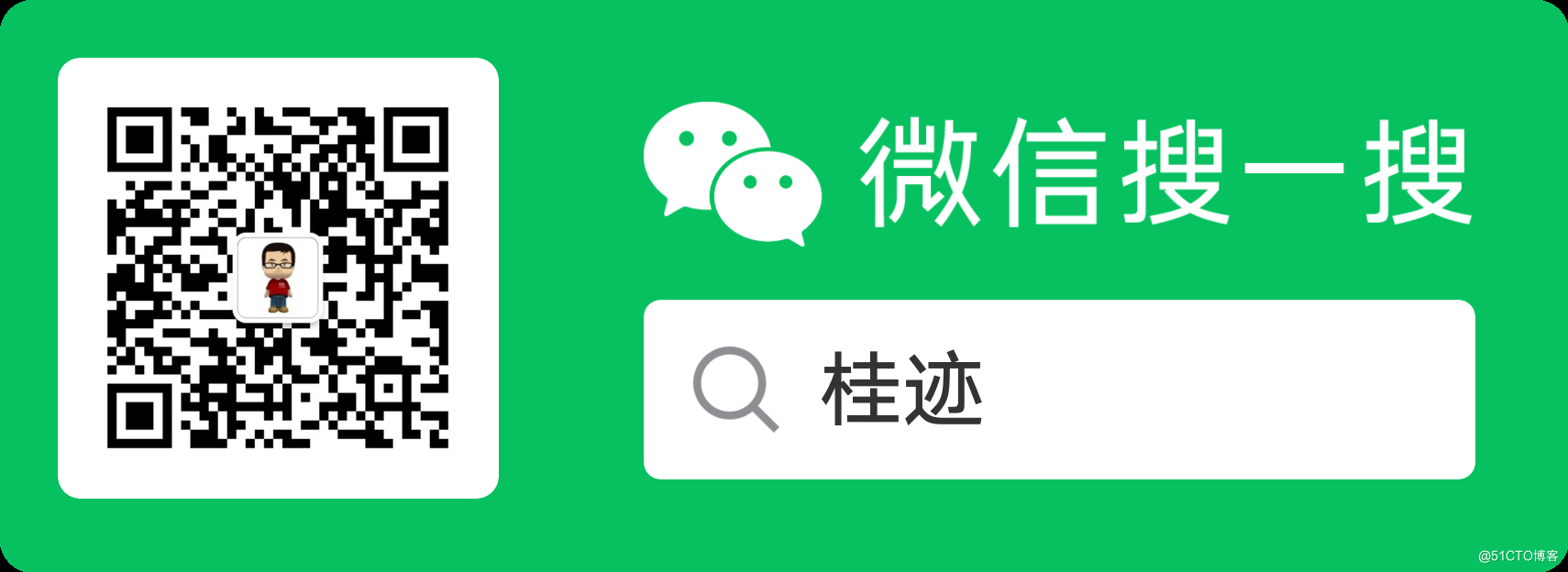WinForm(三)揭开可视化控件的面纱
WinForm所见即所得的UI设计框架,开发效率确实有所提升,同时降低了编程门槛,让WinForm更普及。拖拖拽拽就能设计出一个界面,那么我们拖拽的这些东西是什么?它们是什么原理?。
WinForm我觉得很好的一点是,把所有东西都对像化(毕竟C#是面向对象的语言),包括可视化的窗体,控件等,当然有的控件在运行时是能看见的,比如按钮,文本框,下拉列表框等等,还有一类是在运时看不见的,比如Timers,FileSystemWatcher等。这些全都构建成了对象,那么看得见的控件是怎么看得见的呢?答案是绘制出来的,画出来才能看得见。是用GDI+技术画出来的。
为了能够让大家更深入的理解,我们现在画一个Switch控件,Switch是苹果体系里的控件,在WinForm中,系统控件是没有的。Switch的作用非常像CheckBox,所以我们就参照CheckBoxRenderer来画,只不过画的形状不一样,具体代码如下:
using System;
using System.Collections.Generic;
using System.Drawing.Drawing2D;
using System.Linq;
using System.Text;
using System.Threading.Tasks;
using System.Windows.Forms.VisualStyles;
namespace WinFormDemo02
{
public class Switch : Control
{
private Rectangle textRectangleValue = new Rectangle();
private CheckBoxState state = CheckBoxState.UncheckedNormal;
public Switch(): base()
{
this.Location = new Point(50, 50);
this.Size = new Size(50, 25);
this.Font = SystemFonts.IconTitleFont;
DoubleBuffered = true;
SetStyle(ControlStyles.OptimizedDoubleBuffer |
ControlStyles.ResizeRedraw |
ControlStyles.AllPaintingInWmPaint, true);
}
public bool Checked
{
get; set;
} = false;
void DrawSwitch(Graphics g)
{
var x = 0;
var y = 0;
var width = 25;
g.SmoothingMode = SmoothingMode.HighQuality;
g.PixelOffsetMode = PixelOffsetMode.HighQuality;
g.InterpolationMode = InterpolationMode.High;
g.CompositingQuality = CompositingQuality.HighQuality;
SolidBrush brush;
if (Checked)
{
brush = new SolidBrush(Color.MediumSeaGreen);
}
else
{
brush = new SolidBrush(Color.DarkRed);
}
g.FillPie(brush, new Rectangle(x, y, width, width), 90, 180);
g.FillRectangle(brush, new Rectangle(x + width / 2 - 1, y, width, width));
g.FillPie(brush, new Rectangle(x + width - 2, y, width, width), -90, 180);
if (Checked)
{
var selectBrush = new SolidBrush(Color.White);
g.FillEllipse(selectBrush, new Rectangle(x + 2, y + 2, width - 4, width - 4));
}
else
{
var selectBrush = new SolidBrush(Color.White);
g.FillEllipse(selectBrush, new Rectangle(x + width, y + 2, width - 4, width - 4));
}
}
public Rectangle TextRectangle
{
get
{
using (Graphics g = this.CreateGraphics())
{
textRectangleValue.X = ClientRectangle.X +
CheckBoxRenderer.GetGlyphSize(g,
CheckBoxState.UncheckedNormal).Width;
textRectangleValue.Y = ClientRectangle.Y;
textRectangleValue.Width = ClientRectangle.Width -
CheckBoxRenderer.GetGlyphSize(g,
CheckBoxState.UncheckedNormal).Width;
textRectangleValue.Height = ClientRectangle.Height;
}
return textRectangleValue;
}
}
protected override void OnPaint(PaintEventArgs e)
{
DrawSwitch(e.Graphics);
base.OnPaint(e);
}
public event EventHandler CheckedChanged;
protected override void OnMouseDown(MouseEventArgs e)
{
base.OnMouseDown(e);
if (!Checked)
{
Checked = true;
state = CheckBoxState.CheckedPressed;
Invalidate();
}
else
{
Checked = false;
state = CheckBoxState.UncheckedNormal;
Invalidate();
}
CheckedChanged(this,new EventArgs());
}
protected override void OnMouseHover(EventArgs e)
{
base.OnMouseHover(e);
state = Checked ? CheckBoxState.CheckedHot :
CheckBoxState.UncheckedHot;
Invalidate();
}
protected override void OnMouseUp(MouseEventArgs e)
{
base.OnMouseUp(e);
this.OnMouseHover(e);
}
protected override void OnMouseLeave(EventArgs e)
{
base.OnMouseLeave(e);
state = Checked ? CheckBoxState.CheckedNormal :
CheckBoxState.UncheckedNormal;
Invalidate();
}
}
}
我只是简单的实现了一下,重点在DrawSwitch这个方法,就是画两个半圆,中间是一个正方形,然后在上面画一个白圆,根据Checked属性,最上面的白圆在两边切换,仅此而以。
通过上面例子,不知你是否了解了可视化控件的实现方式。如果你是初学者,完整的思路不太通,没关系,理解到控件是画出来的就够了,后面应该会说到GDI+的详细技术点。如果你是WinForm老手,可以自己实现一套自己的专用控件,把Window上的应用Run出Mac的感觉,甚至IOS的感觉。
想要更快更方便的了解相关知识,可以关注微信公众号



